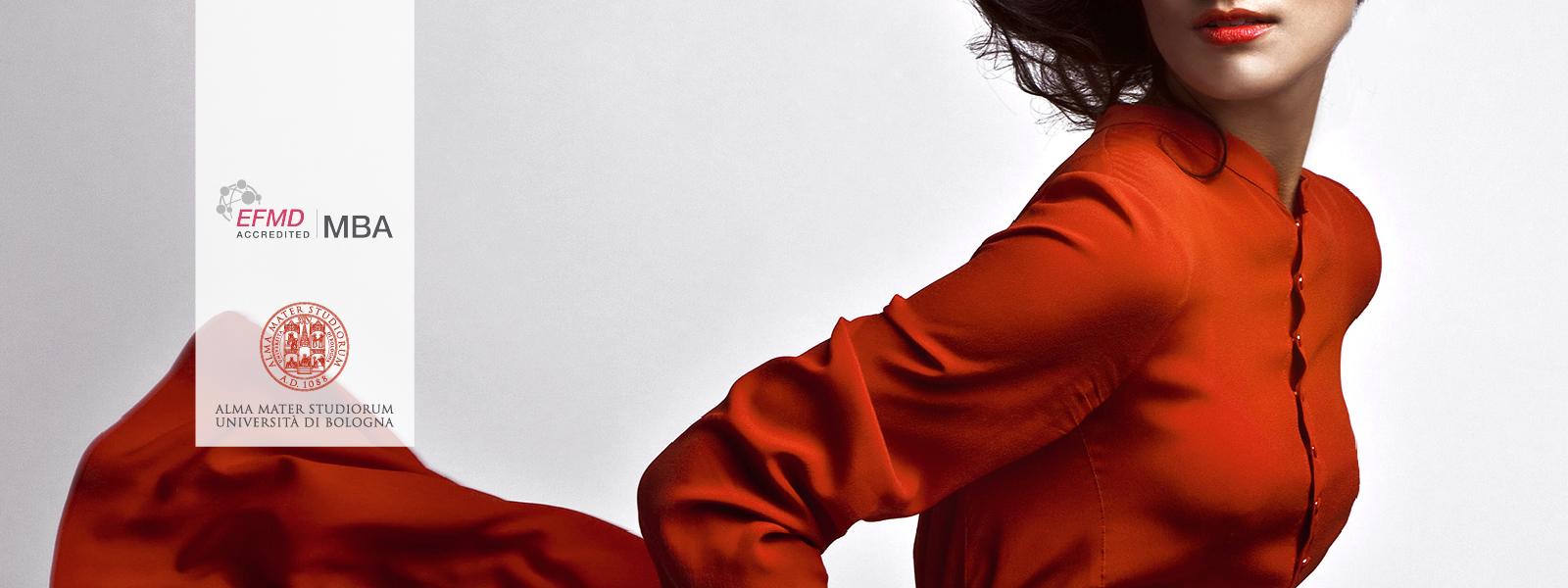
Luxury, Made in Italy and the Chinese Market: a meeting with Lelio Gavazza
18 March 2024Wednesday, Feb. 28, in the classrooms of Villa Guastavillani in Bologna, BBS headquarters, Global MBA students met Lelio Gavazza, a chemical engineer with a very high level and cross-cutting curriculum: from Exxon Chemical to the fashion industry. Today he is CEO of TOM FORD Fashion part of the Zegna Group after his long experience as Executive Vice President of Sales and Retail Bulgari (LVMH Group). At Bologna Business School he is professor of Business Models in the Fashion Industry in the Business Administration Global MBA and BBS Executive Committee member for Design, Fashion and Luxury Goods track of the Global MBA.
The meeting with the multi-talented Gavazza touched on various topics and was dedicated to engaging students. “I am not a professor,” Gavazza began, “you will not find in a book what I am going to tell you today.”
Bologna Business School‘s Global MBA aims to provide effective tools to students who must be able to best face the challenges of the business world. It is from this perspective that it combines academic lectures and didactic moments with professionals from the business world: executives, experts and consultants who operate in the global market and are, therefore, able to express practical knowledge, immediately applicable to real models, transformable into practical tools to be used. BBS Global MBA students immediately see the practical application of concepts studied in the classroom.
The first focus of the day was dedicated to luxury in Italy. What is Made in Italy? What is the idea of luxury that Italy knows to export? The manufacturing. The perfection of the product. That’s why global luxury brands have factories in Tuscany, in Como, in Naples. “You think of Made in Italy and you think of beauty, good food, la dolce vita,” says TOM FORD Fashion’s CEO.
But, then, why are historic brands such as Bulgari, Fendi and so many others being acquired by large international groups, who then maintain Italian manufacturing and setup? The answer, said the top manager, is simple: “In Italy, we are product champions. We have production of excellence everywhere, and these areas influence each other, grow and communicate: a supply chain that generates industrial districts is born. If you want a car go to Emilia, if you want furniture in Veneto, for textiles go to Como. We have a network full of knowledge and history that is transmitted generation after generation. And, we have storytelling: how did the Fiat 500, the car built to motorize Italy with the cheapest possible product, become an icon? Why the Vespa? Because we are able to tell the story of beauty, turning products designed for people with fewer possibilities into icons full of charm.”
Starting from his own professional experience, Lelio Gavazza then looked at the world of global business, talking about opportunities and knowing how to seize them, and the courage to change course when necessary. He shared his own journey from the world of chemistry to the world of fashion, recognizing one lifeline in his career: a strong work ethic. Working hard, finding the freshness to think out of the box, coming up with innovative ideas that differ from established lines, “In some moments in my career I had to roll up my sleeves and work a lot. At night, on weekends. I have been confronted with cultures different from my own; I have always put passion, determination and curiosity into everything I do.”
Passion, energy. Courage and determination. But most of all, curiosity and desire to learn. These are the cornerstones of an important managerial career.
The second theme of the meeting was the Chinese world and market, with a discussion of political and economic models and the clarification of some historical steps for Eastern business: in 2006 the Chinese economy grew by 11 percent, generating enormous richness and capital growth. With the 2008 Olympic Games and the 2010 Expo, China made a real change: everything was designed, planned and organized to create appeal and show the efficiency of the new Chinese model. “Six months before the Games,” Gavazza said, “the companies near the Olympic cities stopped producing to stop polluting: world televisions showed clear skies. For the expo, the government organized buses to transport people from the countryside and create crowds, again for Western TV.”
“All China does is organize: everything is planned. This is the secret of its success: planning and remaining able to change when needed.”, concluded Gavazza: “In 2013, the Chinese market asked for expensive and branded products, today it seeks quality and style, the product returns to the center of desire beyond the brand.”
So, the meeting with Lelio Gavazza comes full circle from where it started: the product, and its importance in the Italian and global luxury market. A day that offered Bologna Business School Global MBA students a number of valuable insights and information that are tools to apply to the business world. But, above all, an opportunity offered by BBS to come into direct and informal contact with one of the best Italian top managers.
